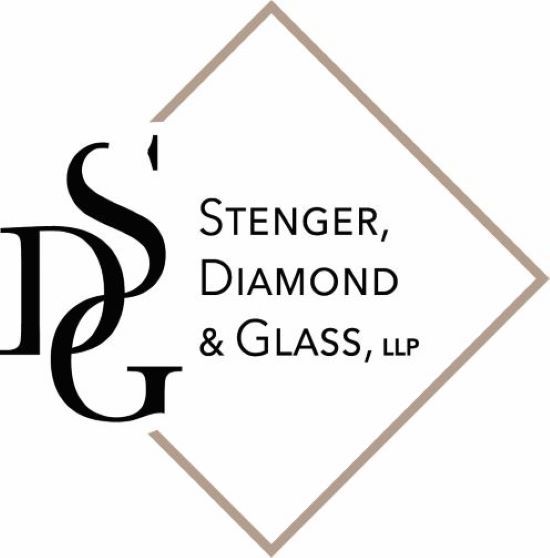Elder Law, Estate Planning & Probate
Experienced Elder & Estate Attorney
As we all know, aging is an inevitable part of life, yet it is often overlooked when planning. At Stephen E. Diamond LLC, we possess extensive experience in elder law, estate planning, and probate. We aim to assist you in preparing for the future by providing comprehensive services such as trusts, wills, and essential asset safeguarding. With our expertise, we can help ensure the protection of your assets, the respect of your last wishes, and the peace of mind for both you and your loved ones.
What Is Estate Planning?
Estate planning is a comprehensive and methodical process that involves carefully organizing the management and distribution of your assets both during your lifetime and after your passing. It goes beyond simply creating a will or transferring wealth – it includes creating legal documents, making well-informed decisions, and developing customized strategies to ensure that your wishes are fulfilled while considering your circumstances' specific needs. In the elderly community, estate planning is especially important as it adds to the complexities and considerations associated with aging.
The Estate Planning Process involves several key services and documents, including:
Wills: A legal document that details your assets and specifies how they will be distributed after your passing. It also designates an executor to manage your estate.
Trusts: These documents safeguard assets after your passing and dictate the timing and manner of distribution. They also offer the option to structure asset distribution to family members over multiple years.
Powers of Attorney: Crucial for authorizing a chosen individual to make decisions on your behalf, whether concerning finances or personal care. It allows you to specify the level of authority and establish specific guidelines.
Why Is Estate Planning Important?
As we age, the importance of estate planning becomes increasingly clear. Estate planning ensures the protection of your financial legacy, the well-being of your family, and the provision of the care you desire in the event of incapacity. It goes beyond simple wealth distribution, providing the assurance that your wishes will be respected, thus preventing family conflicts and giving you peace of mind.
What Is Probate?
Probate is the legal procedure that occurs upon an individual's passing. This process entails verifying the legal validity of the deceased's will, if one exists, and allocating the assets to the designated beneficiaries. Probate guarantees the settlement of the deceased's taxes and the lawful transfer of inherited property to the rightful heir. Given its complexity and time-consuming nature, it is prudent to seek legal counsel, particularly from an elder law attorney, to navigate this process successfully.
Probate vs. Non-Probate Assests
Probate assets are those that are subject to the probate process or assets that are allowed to be distributed to the chosen heirs. Probate assets typically include assets that were solely owned by the deceased person. These probate assets will include bank accounts, real estate, vehicles, and any personal belongings. Assets that are considered Non-Probate assets are those that are passed directly to the intended heirs without going through the probate process.
Some typical non-probate assets include:
Jointly Owned Property: When an asset is jointly owned with rights of survivorship, it automatically transfers to the surviving owner(s) after one owner’s passing.
Beneficiary Designations: Assets such as life insurance policies, retirement accounts, and payable-on-death (POD) accounts enable the account holder to designate beneficiaries who will receive the assets upon their demise.
Living Trusts: Assets placed in a living trust are overseen by a trustee during the owner’s lifetime and smoothly transferred to beneficiaries upon the owner's death, circumventing probate.
Contact Us
We Are Here to Help
Submit your request, and we'll get back to you soon
We will get back to you as soon as possible
Please try again later
All Rights Reserved | Stephen E. Diamond LLC. Website Design by Infinite Digital Marketing & Web.

